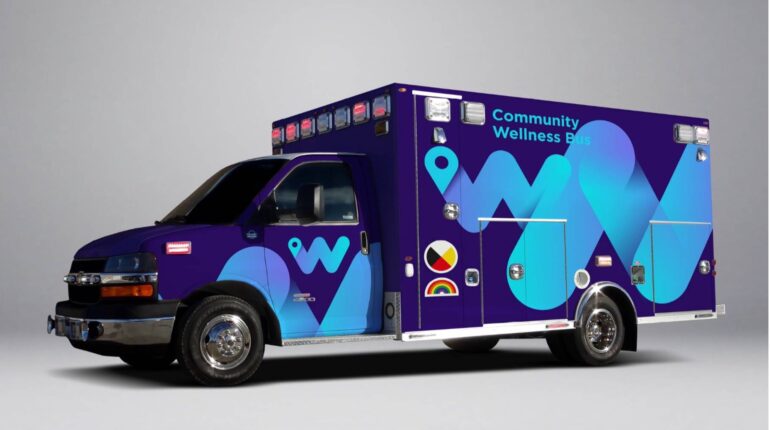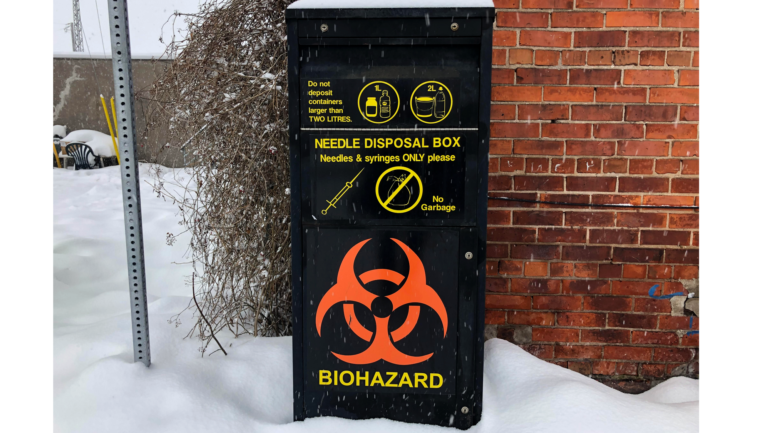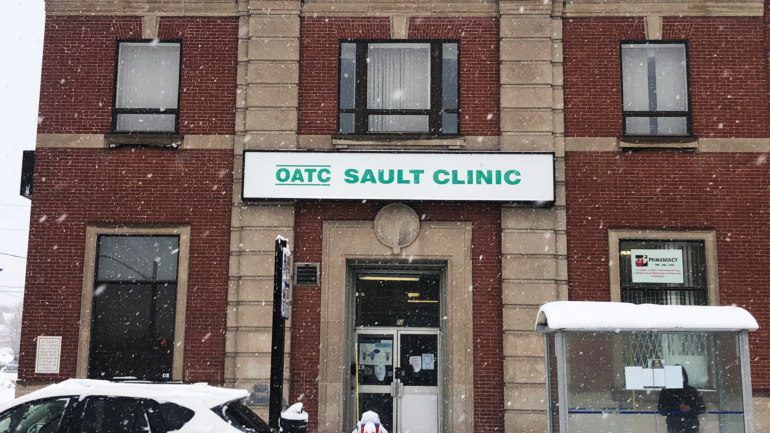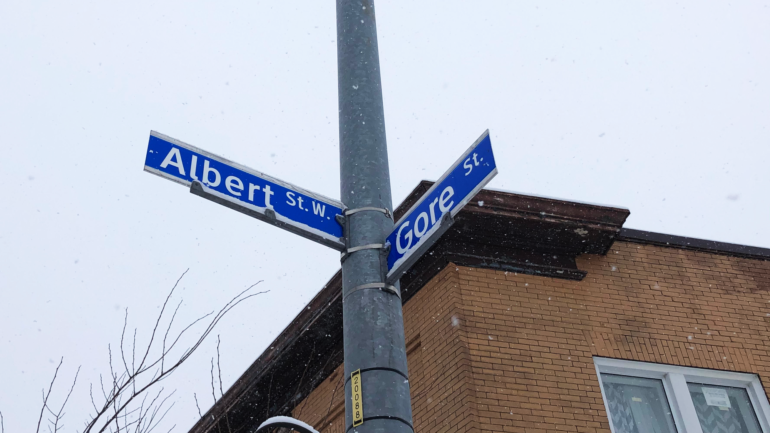
SAULT STE. MARIE, Ont. — In the months to come, Sault Ste. Marie will be preparing to launch its first-ever mobile outreach service bus to help those suffering from mental health and addiction.
The Wellness Bus will assist the community’s downtown core struggling the most by offering support and healthcare to those suffering from addiction, mental health and homelessness within the downtown area.
The bus, which will likely be a refurbished old ambulance, is expected to arrive in the spring and modelled to provide people with proper care services to reduce hospitalization in the city.
The mobile outreach service will offer counselling, case management, medical assessments, referrals to the emergency departments and services to help build stability within the city, said Erik Landriault, director of integrated care with the Algoma Ontario Health Team.
“The Community Wellness Bus is being designed to deliver culturally sensitive care, by a gateway for patients to health and social services, and potentially reduce ED and EMS utilization,” he said.
Landriault said the bus will also make referrals when needed, provide some necessities and help build community relationships “while improving community safety by being a welcoming presence.”
Sault Ste. Marie’s hospitalization rate for those struggling with mental health and addiction is 554 per 100,000 residents, compared to the average rate of 184 in Ontario. The leading causes are opioid toxicity, drug toxicity, and self-harm, as indicated by Landrialt’s report to city council on Jan. 18.

The Wellness Bus is a partnership between many organizations, including the District of Sault Ste Marie Social Services and Administration Board, Sault Ste Marie Police, Algoma Family Services, Algoma Nurse Practitioner-Led Clinic, Superior Family Health Team, the Canadian Mental Health Association, and Sault Area Hospital.
The bus will be operated by a team that includes a registered practical nurse, a social worker, a registered mental health, an addiction service worker, and a peer worker, Landriaunlt said.
The bus will operate seven days a week and assist during the day and after hours.
“Initial staffing will be provided by Sault Area Hospital and the Canadian Mental Health Association,” he said. “However, we are developing our programming and partnerships right now to ensure we utilize the expertise of all our partners and more.”
Although the city is moving forward with providing more addiction-based services, one resident, Susan Milne, a parent of a recovering addict, doesn’t think this initiative will make a difference in the community.
“It’s a joke,” she said. “They need a residential treatment centre. This band-aid will do minimal to help. It’s too little too late. The people the bus will reach are not the ones needing the help most.
“People of all ages are dying, trying to get clean,” Milne said. “A bus won’t help. Residential treatment services are what’s been advised for years and are the most needed.”

The closest residential treatment facility is in Elliot Lake, Ont., which is more than two hours west of the city.
Social services worker Luke Dufour anticipates challenges with the bus and says this work is difficult. He said it is a challenging population to serve because the needs are complex and differ from person to person.
He holds firm the community needs to stand together and work as a team to help solve this issue.
“It takes an entire team effort, from those with political influence to the front-line workers, to make the difference that our community needs,” Dufour said. “This is not glamorous work, and that is why we need our community to stand with us.”

He does believe these efforts will break hurdles and allow more access to those needing it most.
“I think that these services will assist Sault Ste. Marie by removing some of the barriers that prevent the homeless, mentally ill, and addicts from accessing health care and mental health services,” Dufour said. “By having so many of our service providers working together under one umbrella, we expect to see a better client experience and better health care outcomes.”

